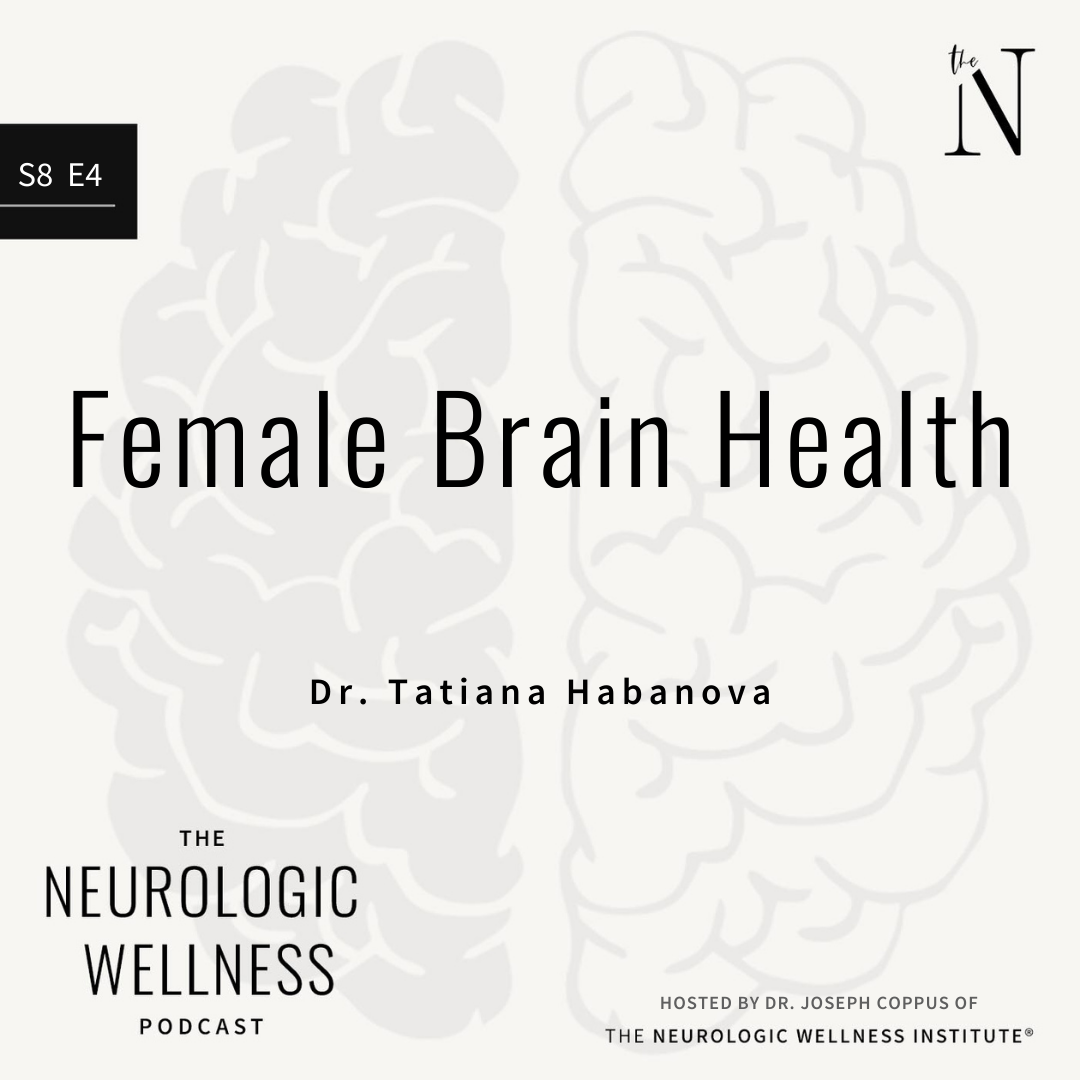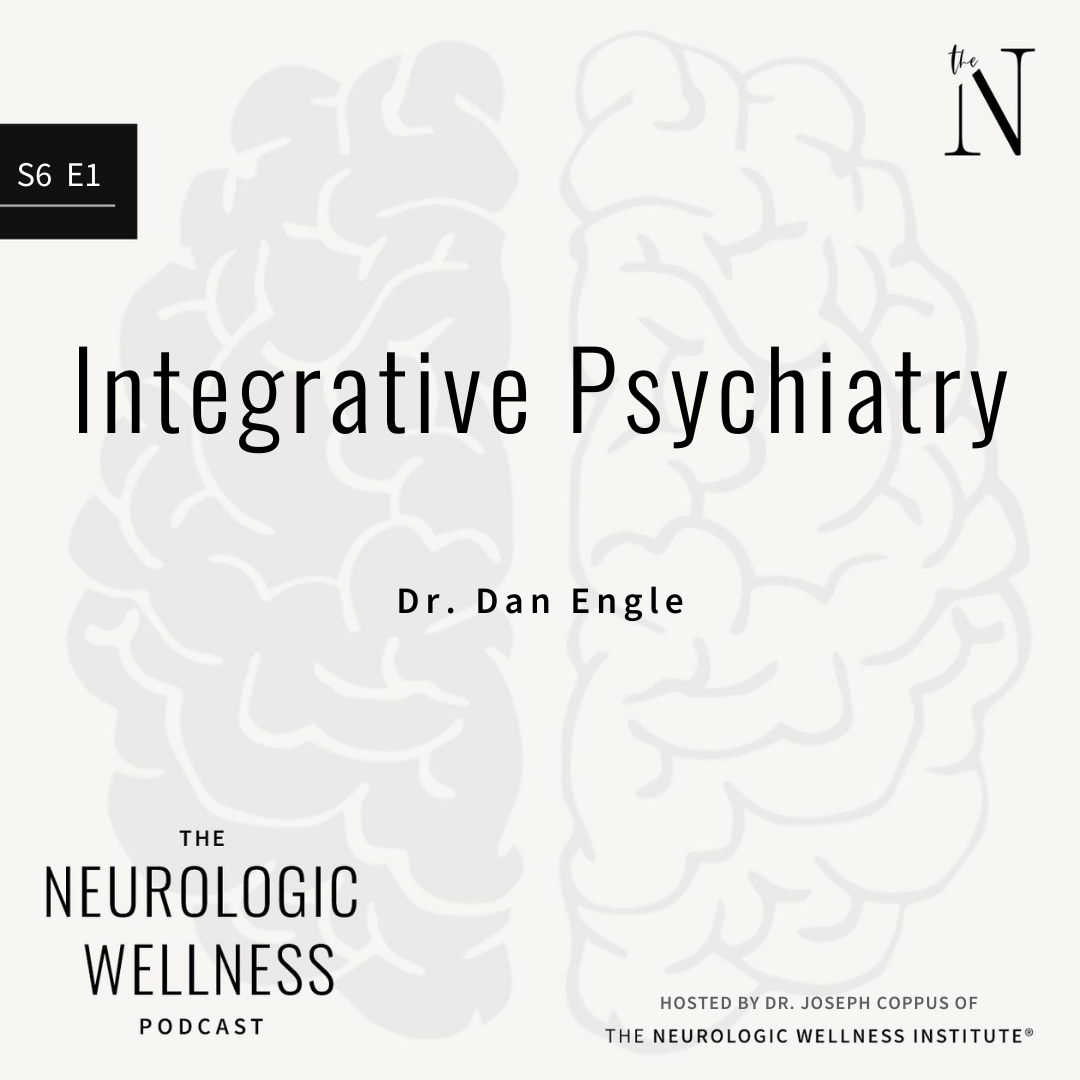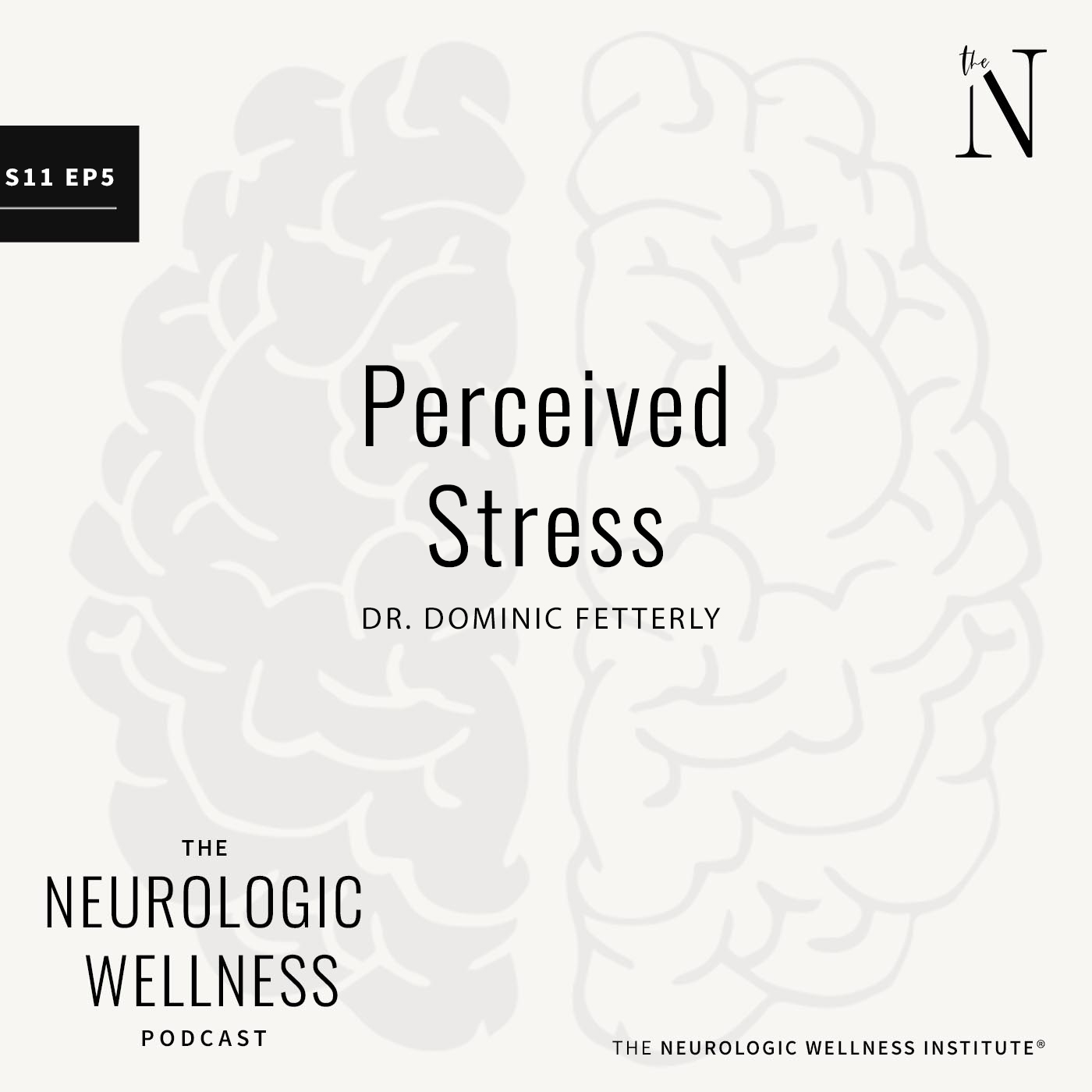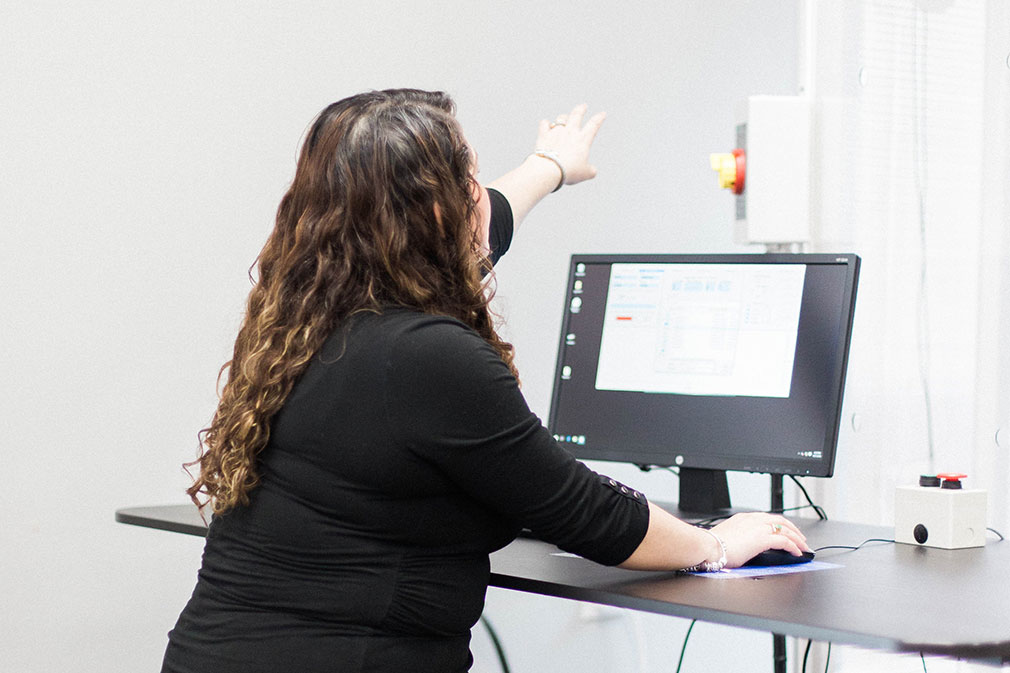Ask Dr. Nick
On today’s episode, Dr. Nick talks about strategies to employ immediately if you suspect you have a concussion. First, you should always seek advice and care from your medical doctor to get a proper evaluation for a concussion. Next, after receiving a blow to the head or whiplash-like injury, there is physical damage to the brain. The most commonly injured part of the neuron (brain cell) is the axon or fiber that allows communication between different brain areas. In addition to the local physical damage, inflammation occurs which leads to more widespread effects. The brain is in need of energy to clear out damaged cells and debris and repair connections, but there is a problem converting glucose into energy. The excess glucose around the cells leads to more oxidative stress and inflammation, which can prolong the problem and prevent healing. This can lead to poorer outcomes and persistent concussion symptoms. Check out the video for more in depth information on how to decrease inflammation following a concussion through dietary choices!
References:
- Simon DW, McGeachy MJ, Bayır H, Clark RS, Loane DJ, and Kochanek PM. The far-reaching scope of neuroinflammation after traumatic brain injury. Nat Rev Neurol. 2017;13(3):171-191. doi: 10.1038/nrneurol.2017.13.
- Davis LM, Pauly JR, Readnower RD, Rho JM, and Sullivan PG. Fasting Is Neuroprotective Following Traumatic Brain Injury. Journal of Neuroscience Research, 2008; 86:1812–1822. doi: 10.1002/jnr.21628
- Prins ML and Matsumoto JH. The collective therapeutic potential of cerebral ketone metabolism in traumatic brain injury. J. Lipid Res. 2014; 55: 2450–2457. doi: 10.1194/jlr.R046706
- Lewis, MD. Concussions, Traumatic Brain Injury, and the Innovative Use of Omega-3s. Journal of the American College of Nutrition, 2016; 35(5): 469-475. doi: 10.1080/07315724.2016.1150796




